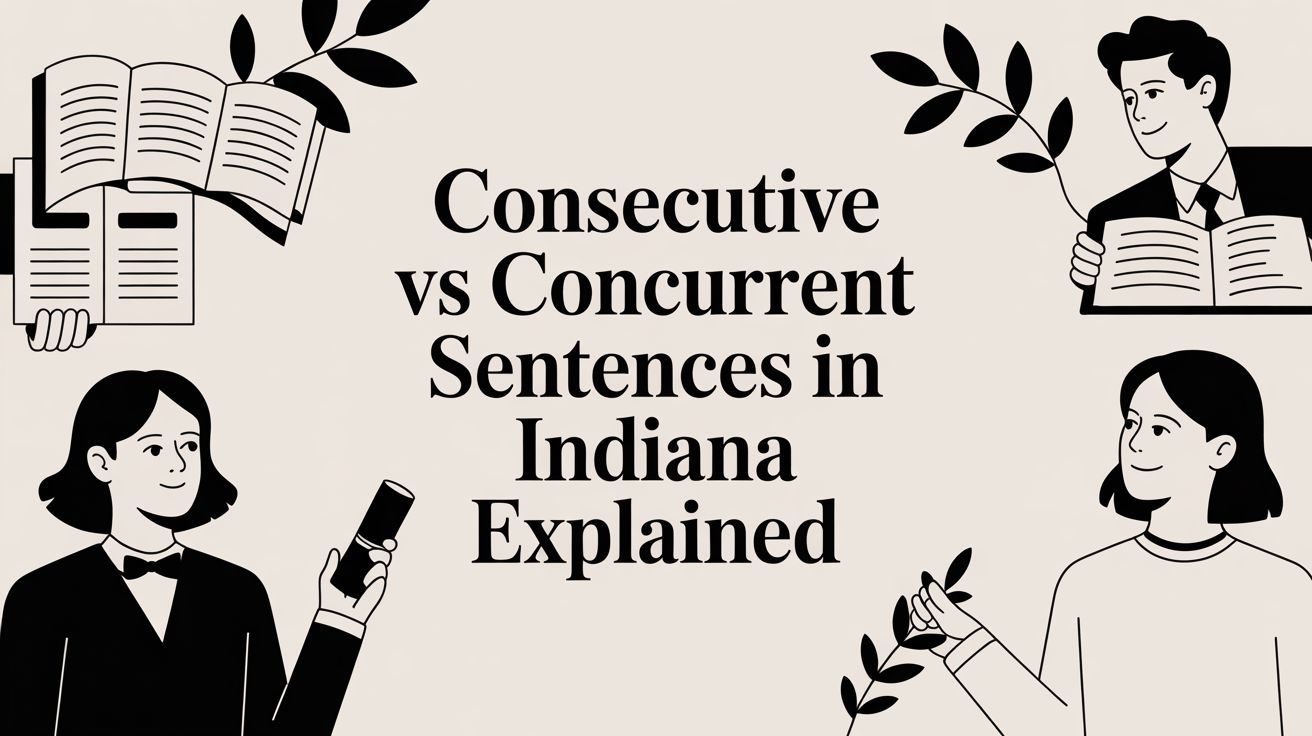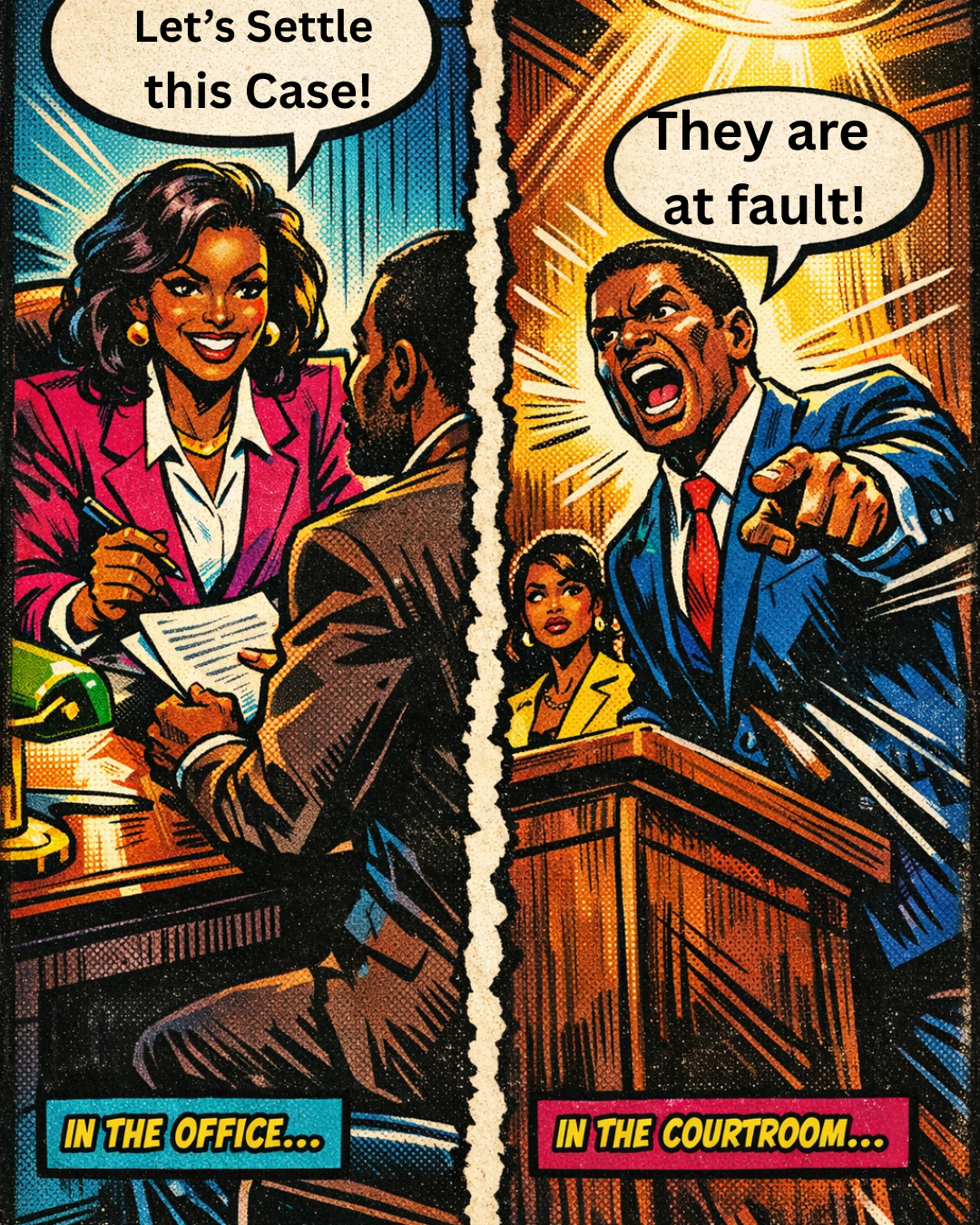Victims Silenced by Loopholes in Workplace Harassment
Thousands of employers across the nation are sneaking a loophole into employment contracts called “forced,” “binding” or “mandatory arbitration.” This fine print prevents employees from suing companies in court for discrimination, sexual harassment and even assault, then prohibits victims from speaking publicly about their ordeals. Meanwhile, the federal government looks the other way .
Major revelations of sexual harassment in the workplace have started a long-overdue movement to protect all workers, but most often women, from a long history of abuse. You would think our major corporations would be taking the lead in stamping out these injustices. Instead, way too many are actually doing the opposite by writing “forced arbitration” clauses into employment contracts that prevent an employee from taking action in court. Instead, harassment disputes are forced into closed arbitrations that almost always favor the company and hide the outcome from the public. This has to stop!
A study by the Equal Employment Opportunity Commission estimates that anywhere from 25 percent to 85 percent of women report having experienced sexual harassment in the workplace. The number fluctuates because the Commission says 75 percent of abuse incidents go unreported. Many employees fear retaliation if they speak out, including the loss of their jobs. The Commission also points out that forced arbitration weakens “an employer’s incentive to proactively comply with the law.”
Forced arbitration clauses not only protect abusers from a court of law but also silence employees from speaking publicly once through arbitration. Gretchen Carlson, a former Fox News anchor, sued Fox News after she was fired for allegedly refusing sexual advances from Fox News Chairman Roger Ailes. Fox attempted to have her claims adjudicated in closed-door mandatory arbitration instead of court, effectively requiring that the details of her case be legally hidden from the public. Since settling her lawsuit with Fox News, Gretchen Carlson has been an advocate for legislation that prohibits forced arbitration clauses in employment and consumer contracts.
Legislation the Next Step
Outlawing forced arbitration clauses in employee contracts as a protection for American workers seems like a logical step, yet those protections are under attack. Last year, the Administration repealed an executive order safeguarding employees of federal contractors from forced arbitration clauses in their employment contracts. Congress then canned a new regulation from the Consumer Finance Protection Bureau that would have stripped forced arbitration clauses from contracts for financial services, like checking accounts and investment services. Recent Supreme Court decisions also have upheld the broader use of forced arbitration clauses in consumer contracts.
More encouraging was the announcement by Microsoft last December that it would eliminate forced arbitration clauses in employment agreements, showing that the flood of harassment accusations has gone beyond individual cases to inspire changes in corporate policy. However, given opposition by the U.S. Chamber of Commerce to closing this loophole, it is unlikely that most other major corporations will follow suit.
Thus, a bipartisan group from both the U.S. House and Senate has introduced legislation to ban arbitration clauses in harassment cases from all employment contracts. Called the Ending Forced Arbitration of Sexual Harassment Act , this bill “prohibits a pre-dispute arbitration agreement from being valid or enforceable if it requires arbitration of a sex discrimination dispute.” Our hope is that with support from both sides of the aisle, this law will be passed to give those who have been sexually harassed or abused on the job their rightful day in a real court of law.
If you are facing sexual harassment then contact the Law Office of Mark Nicholson at 317-667-0718
This article was produced by the Glaser and Ebbs law firm and used with their permission.
source: let america know
The post Victims Silenced by Loopholes in Workplace Harassment appeared first on Law Office of Mark Nicholson.
























